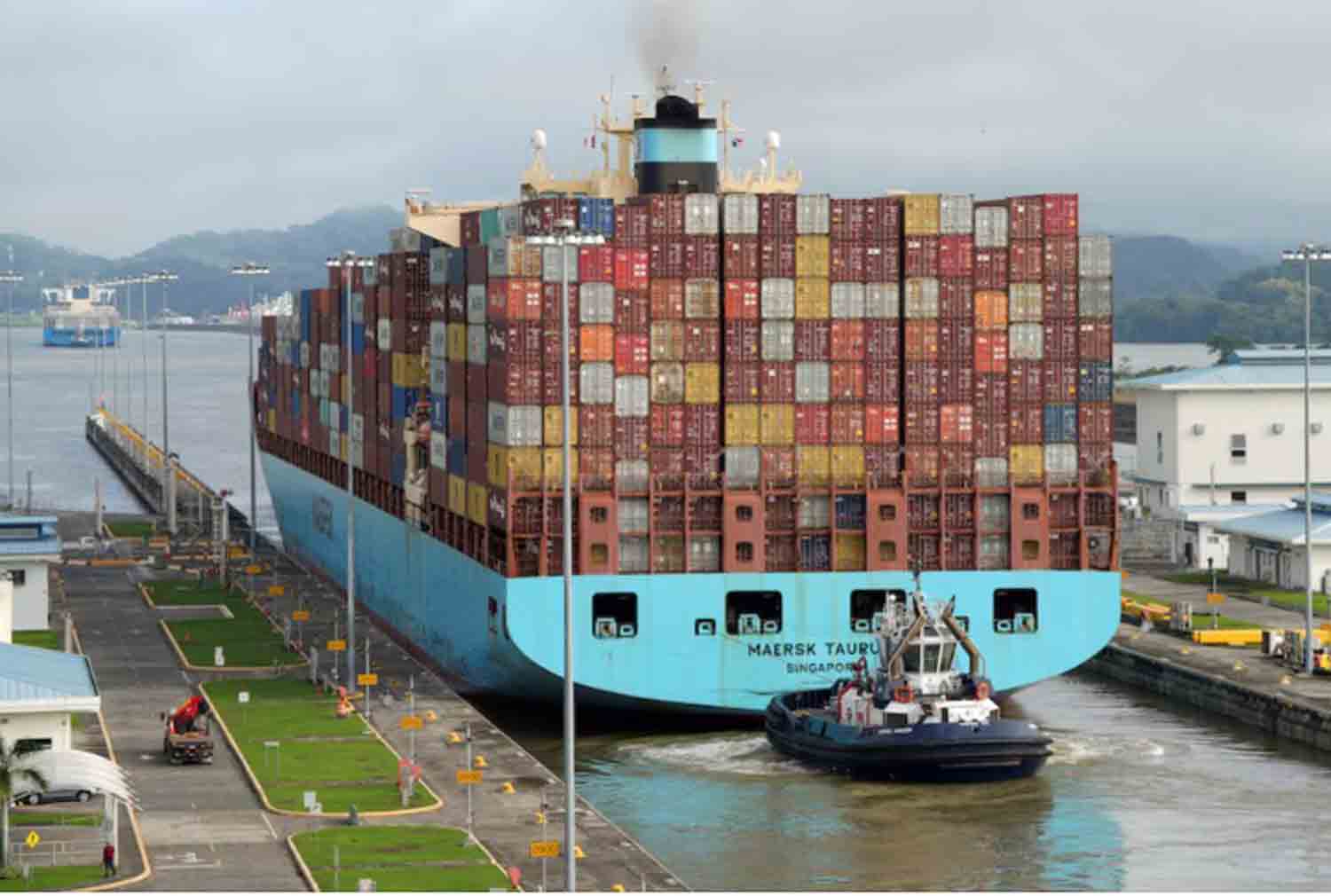Russian President Vladimir Putin held a meeting with Slovak Prime Minister Robert Fico at the Kremlin on Sunday, marking a rare occasion for a European Union leader to visit Moscow as the contract permitting Russian gas transit through Ukraine approaches its expiration.
Slovakia relies heavily on gas that flows through Ukraine and has intensified efforts to secure these supplies beyond 2025, while simultaneously criticizing Ukrainian President Volodymyr Zelenskiy for his refusal to extend the contract that ends this year.
Fico’s visit to Moscow was only the third by an EU leader since Russia’s invasion of Ukraine in February 2022, prompting Slovak opposition politicians to label the trip a “disgrace.” Following the meeting, Fico announced on Facebook that he had informed senior EU officials about his visit on Friday. He indicated that the trip was a response to discussions with Zelenskiy, who reportedly opposed any gas transit from Ukraine to Slovakia.
“President Putin confirmed the Russian Federation’s willingness to continue supplying gas to the West and Slovakia, which will be nearly impossible after January 1, 2025, due to the position of the Ukrainian president,” Fico stated. Since taking office in 2023, Fico has altered Slovakia’s foreign policy, halting military aid to Kyiv, asserting that the conflict with Russia lacks a military resolution, and criticizing sanctions imposed on Moscow.
His visit to the Kremlin comes after Austrian Chancellor Karl Nehammer’s trip in April 2022 and Hungarian Prime Minister Viktor Orban’s visit to Moscow last July, both of which faced criticism from EU allies. Russian state television captured the moment when Putin and Fico greeted each other at the beginning of their discussions. Kremlin spokesperson Dmitry Peskov indicated that the meeting was scheduled just a few days prior.
During their discussions, Fico mentioned that he and Putin shared views on the military situation in Ukraine, the prospects for a peaceful resolution to the conflict, and the future of Slovak-Russian relations, which he aims to normalize.
GAS TRANSIT
Slovakia, which has a long-standing agreement with Russia’s Gazprom, is striving to maintain its gas imports through Ukraine, arguing that sourcing gas from other suppliers would incur an additional 220 million euros ($229 million) in transit costs. Ukraine has consistently declined to renew the transit agreement. Fico raised this issue at a recent EU summit attended by Zelenskiy, who reiterated Ukraine’s position of not continuing the transit of Russian gas. The Slovak prime minister, who has indicated that his country is facing a gas crisis, has also proposed alternatives where Ukraine would not transport Russian-owned gas but rather gas owned by other entities.
Hungary remains committed to maintaining the Ukrainian gas route while continuing to import Russian gas from the south through the TurkStream pipeline, which runs beneath the Black Sea.
Moldova, a former Soviet republic, has depended on gas that transits through Ukraine to meet its energy requirements, including those of the separatist region of Transdniestria, which houses a thermal power plant supplying electricity to areas under Moldovan government control.
Vadim Ceban, the acting head of Moldovagaz, the national gas operator, indicated that the company could source gas for Transdniestria from alternative suppliers. However, this would result in higher costs for the pro-Russian region. Ceban also mentioned that Moldovagaz has reached out to Gazprom to facilitate gas deliveries to Moldova via TurkStream, as well as through Bulgaria and Romania.
Discover more from Defence Talks | Defense News Hub, Military Updates, Security Insights
Subscribe to get the latest posts sent to your email.





